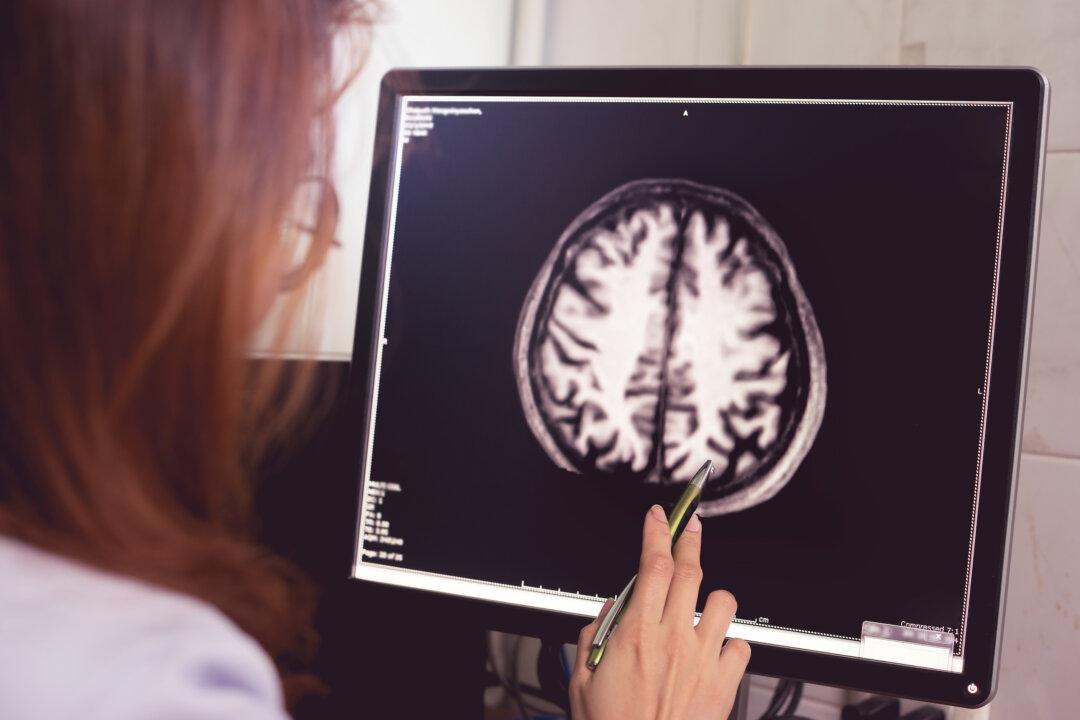This is a common scenario in life: whenever you forget something, someone will jokingly say, “You’re getting old.” Forgetfulness does not mean old age, but as we grow older, people do become forgetful and even suffer from dementia. However, there are still ways to improve brain health, reverse its degeneration, and make our brain younger.
Why Does Memory Deteriorate?
Forgetfulness is not only common among the elderly, but also among young people. The most common causes of memory loss are psychological factors and poor sleep quality.There are several processes by which people store their memories. The process of “listening to” information at the beginning of these processes is like reading data from a computer, as described by Dr. Chih Hao Lin, neurologist and director of the Brain Stroke Center at Lin Shin Hospital. For the information to be turned into long-term memory, it needs to be stored in the “hard disk” (brain), and when it comes the time to recall, the information is read from the “hard disk.”





